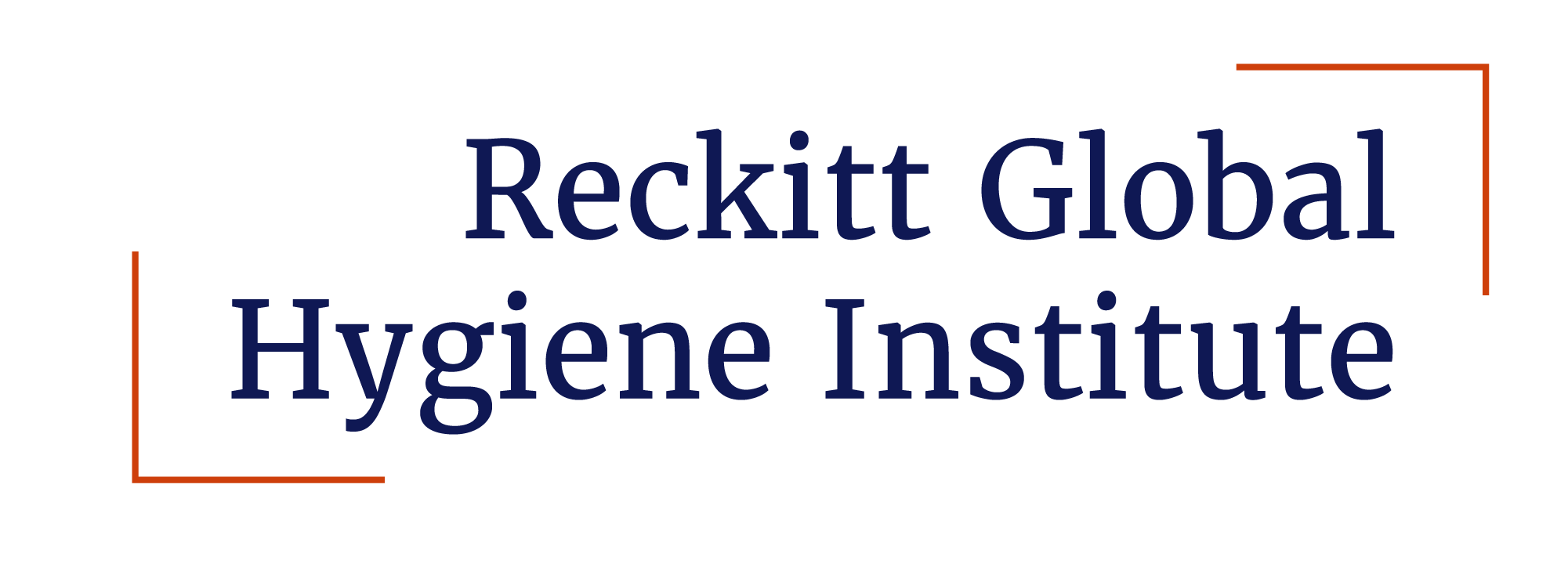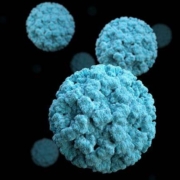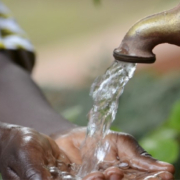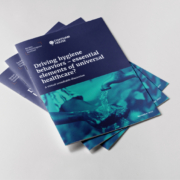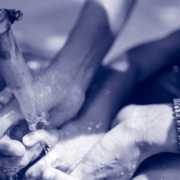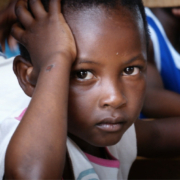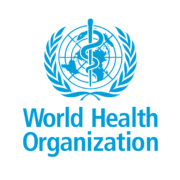Raising Awareness about Antimicrobial Resistance

Antimicrobial resistance (AMR)—which occurs when bacteria, viruses, fungi, and parasites develop resistance to drugs, antibiotics, and other antimicrobial medicines—is one of the top 10 global public health threats facing humanity, according to the World Health Organization (WHO).
Hygiene, among other interventions, can play an important role in slowing or even stopping AMR, according to the Reckitt Global Hygiene Institute (RGHI). Also important in dealing with AMR is a One Health approach that works to balance and optimize the health of people, animals, and ecosystems.
AMR makes antimicrobial agents ineffective and makes infections more difficult or impossible to treat. Nearly five million deaths were associated with bacterial AMR in 2019 alone, with 1.27 million of those deaths caused directly by it, a Lancet journal article noted.
While low- and middle-income countries face an enormous burden of infectious disease and have limited resources to deal with that, AMR affects people, as well as livestock, plants, and the environment, around the world.
World AMR Awareness Week, taking place from November 18-24, brings global attention to this issue. “Preventing antimicrobial resistance together” is the theme for the week, which is campaign of the Food and Agriculture Organization of the United Nations, the UN Environment Programme, WHO, and the World Organisation for Animal Health.
To guide countries in developing, implementing, and monitoring national AMR action plans, WHO developed a core package of 13 interventions. Among the interventions are universal access to water, sanitation, and hygiene (WASH) and waste management to mitigate AMR; AMR advocacy, governance, accountability, and awareness-raising; and AMR research and innovation, including behavioral and implementation science.
“It is important to recognize the global threat posed by antimicrobial resistance, and World AMR Awareness Week helps to do that,” said David Wheeler, acting executive director of RGHI. “Hygiene interventions are an important and relatively inexpensive part of the puzzle in terms of helping to respond to the AMR crisis around the world, including in low- and middle-income countries that may lack sufficient resources to manage this threat. A One Health approach also can be very beneficial in dealing AMR.”
The nonprofit RGHI bridges epidemiology, public health, and behavioral insights in its mission to generate focused research on hygiene and hygienic behaviors while bringing together relevant experts to explore how this research can lead to tangible and meaningful changes. One way that RGHI works toward its mission is by providing funding for fellows and grantees to conduct important scientific research on hygiene.
The upcoming Global Hygiene Symposium, which takes place in Singapore on December 6-8, 2023, focuses on a number of hygiene issues, and it includes a session, “Zoonosis and One Health: Bridging Knowledge Gaps for Effective Hygiene Strategies.” The symposium, which is hosted by RGHI and the Chatham House, aims to drive innovative solutions in global health and expedite progress in hygiene as a pivotal component of overall well-being and global health security.
